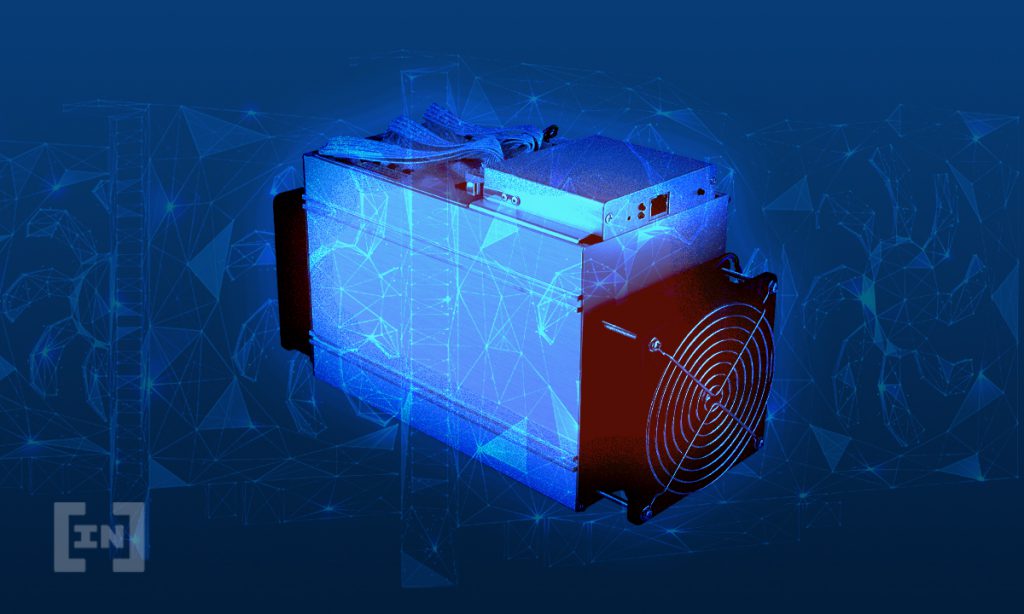It seems like the days of Iceland’s reputation as an energy-rich and politically-favorable crypto mining location are coming to an end, as surplus energy supplies dwindle.
State-owned electricity utility Landsvirkjun, which supplies almost three-quarters of the country’s electricity, has reduced supplies to heavy industrial consumers, such as aluminum smelters, in the wake of low hydroelectric reservoir levels, a power station malfunction, and a delay in procuring power from a third-party. This reduction is effective immediately. The CEO of Landsvirkjun indicated to Bloomberg that the surplus of energy available may run out in 2021, going into 2022.
Most of the power in Iceland comes from hydroelectric generation and geothermal sources. Despite claims of being green, building more energy facilities can alter the geomorphology of a valuable European wilderness.
In line with this new supply crunch, miners of bitcoins are having their applications for electricity supply rejected. These rejections make sense to a degree, as miners’ requisite computational energy also progressively increases, with the energy required for mining at around April 2021 at 66 times what was required in 2015.
Iceland a miner’s haven no more
Iceland was an early haven for miners, boasting 8% of the global hashrate four years ago, but now only boasts about 0.4% of the global monthly hashrate, as recent data from the University of Cambridge indicates. A climate of low geopolitical risk and abundant green energy has seen some of the world’s largest mining companies set up shop in the Scandinavian region. Low seasonal temperatures also don’t hurt; temperatures peak in July at around 57 F, while the lowest temperatures are experienced in December and January, going down to 36 F. Low temperatures are favorable for computer equipment, such as those used for mining, to operate efficiently.
Genesis Mining, co-founded by Philip Salter and others, was one of the early mining heavyweights to enter the region, and now boasts a hashrate of 1000 GH. Their Enigma facility, which was designed to mine only Ethereum, is powered by geothermal energy, the second-most used energy source in Iceland. Other companies such as Hive Blockchain Technologies Ltd. and Bitfury Holding BV also have operations in the country. Electricity prices have gone up, having reached a 13-year peak in October during a Chinese supply crunch.
Norway looking to ban mining
The Icelandic government allows people to hold and mine bitcoin but prevents the egress of funds from the country in the form of bitcoin. Iceland’s Nordic cousin, Norway, boasts about 0.58% of the monthly global hashrate, with the United States still leading the way, with a monthly global hashrate of 35.4%. Norway is considering a bitcoin mining ban, much like its Swedish counterparts recently proposed to ban Proof-of-Work mining in the European Union.
What do you think about this subject? Write to us and tell us!
Disclaimer
All the information contained on our website is published in good faith and for general information purposes only. Any action the reader takes upon the information found on our website is strictly at their own risk.


